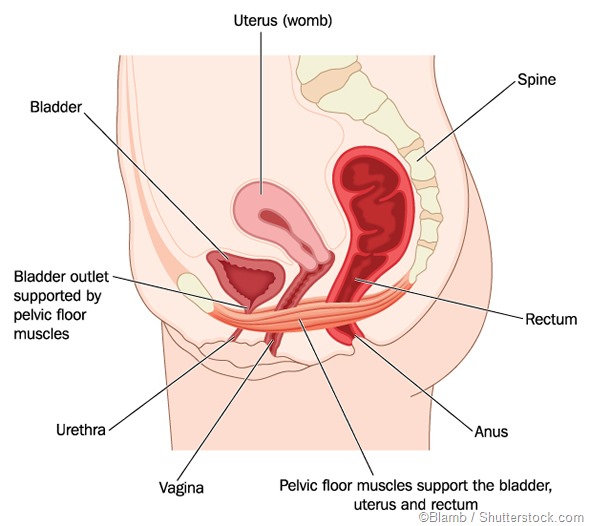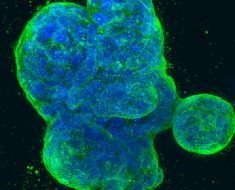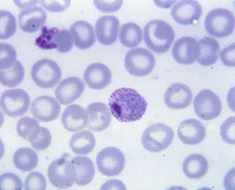Women of all ages suffer from various types of bladder problems, which vary as to cause and contributing factors. Some are due to weakness of the pelvic fascio-muscular supports, while in other women the problem is caused by nerve damage. In some women, the bladder control is affected by various medications for neurologic problems.

To help women with regaining bladder control, it is important to identify the type of bladder control that is affected in each case. The main types of bladder problems in women are temporary, stress, urge, and mixed incontinence, but other pathologies may be observed as well.
Temporary or transient incontinence
Temporary or transient incontinence is a short-lived episode of loss of control over the escape of urine from the bladder. The condition is present in practically the third of community-dwelling elderly individuals, and in more than half of hospitalized patients.
A urinary infection may stimulate bladder activity leading to incontinence. Some medications lower the cortical control over the urinary bladder or cause overproduction of urine. Pregnancy is another cause of temporary incontinence. In all these cases, continence is restored when the etiologic factors are found and corrected.
Stress incontinence
In this situation, the woman reports that urine escapes when she coughs, laughs, sneezes or does vigorous exercise – anything which puts repeated stress on the pelvic floor. This type is most common among women.
In a strong pelvic floor, the muscles contract on reflex as soon as there is an increase in intra-abdominal pressure. Their contraction shuts off the urethra, preventing the escape of urine. However, when these supports are weakened, any sudden rise in pressure allows urine to flow out through an open urethra.
Thus pregnancy or childbirth changes, as well as the thinning that occurs with menopause, may all precipitate stress incontinence. Estrogen drops in the specific phases of the menstrual cycle may weaken the urethra and also provoke stress incontinence.
Urge incontinence
Some women report that when they feel the need to pass urine, the urge is strong, sudden and uncontrollable, being followed by the escape of urine almost at once. This points to the loss of bladder control from nerve damage, as occurs in diabetes mellitus, a cerebrovascular accident, or an infection.
Mixed incontinence
Mixed incontinence represents a combination of urine leakage following a sudden sneeze or cough, along with other episodes of urge incontinence. It is also considered the leading cause of incontinence in women in the community, but also in the hospital setting.
Functional incontinence
Functional incontinence is not so much a problem of the bladder as it is of the affected person’s mobility and cognition. If, for example, a woman cannot move to the bathroom whenever she needs to, she may urinate where she is once the bladder capacity is far exceeded. Furthermore, the ability to urinate on cue may be affected by physical or mental weakness.
Overactive bladder
Women who complain of having to pass urine eight or more times a day, or of waking up two or more times to visit the bathroom every night, may have an overactive bladder. Since the detrusor muscle contracts unpredictably, these patients may also have urge incontinence.
Overflow incontinence
Overflow incontinence refers to the type of urinary leakage that occurs because the bladder does not empty completely during urination. Thus the bladder has a significant amount of residual urine, and overfills rapidly, leading to overflow of urine within a short time. It is often encountered in conditions such as diabetes and multiple sclerosis.
Sources
- www.niddk.nih.gov/…/ez.aspx
- www.womenshealth.gov/…/urinary-incontinence.html
- effectivehealthcare.ahrq.gov/…/
- www.betterhealth.vic.gov.au/…/incontinence-and-continence-problems
- http://www.ncbi.nlm.nih.gov/pmc/articles/PMC1476020/
Further Reading
- All Urinary Incontinence Content
- What is Urinary Incontinence?
- Types of Urinary Incontinence
- Urinary Incontinence Diagnosis
- Urinary Incontinence Treatments
Last Updated: Feb 26, 2019

Written by
Dr. Liji Thomas
Dr. Liji Thomas is an OB-GYN, who graduated from the Government Medical College, University of Calicut, Kerala, in 2001. Liji practiced as a full-time consultant in obstetrics/gynecology in a private hospital for a few years following her graduation. She has counseled hundreds of patients facing issues from pregnancy-related problems and infertility, and has been in charge of over 2,000 deliveries, striving always to achieve a normal delivery rather than operative.
Source: Read Full Article





